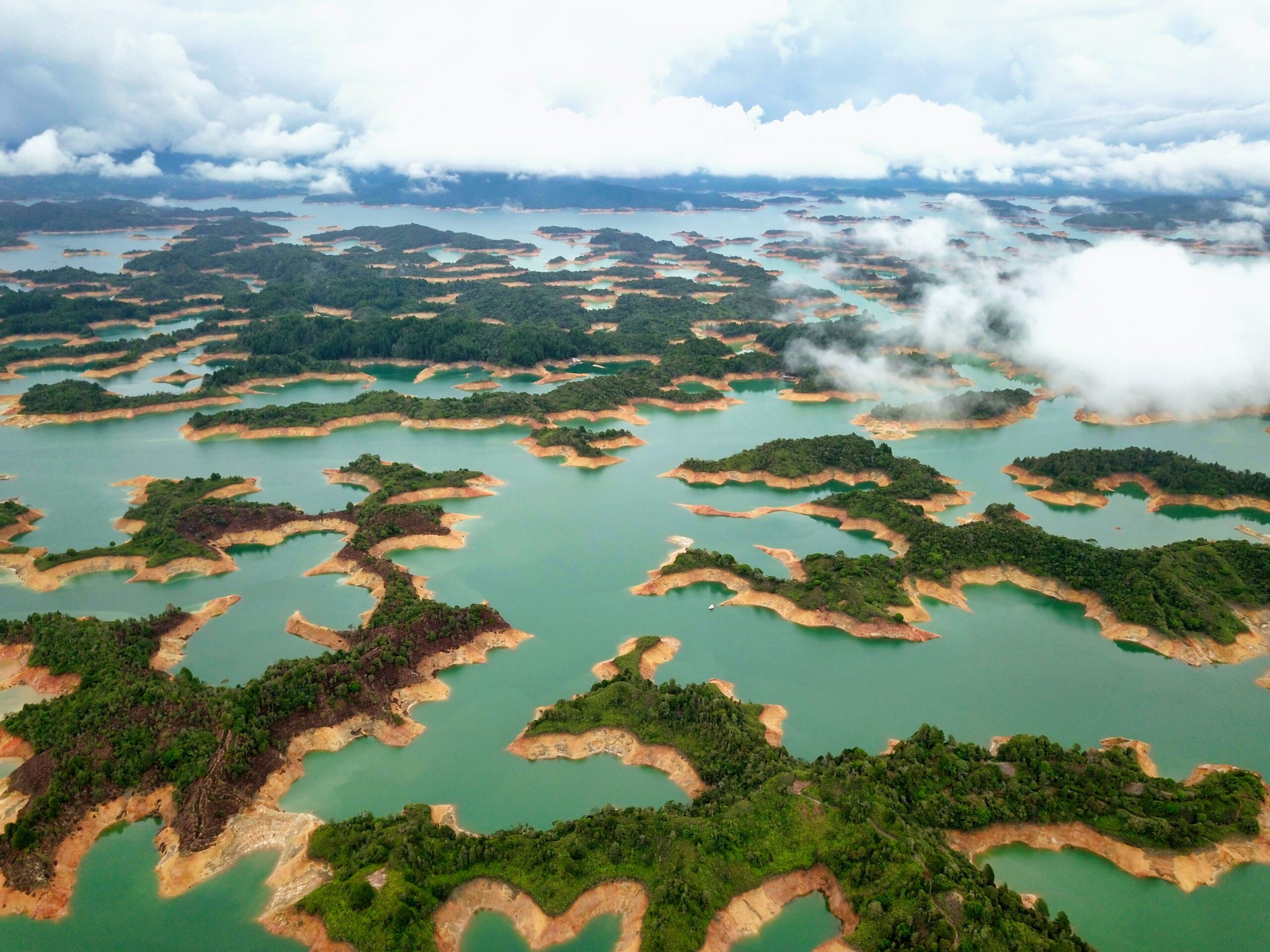Nature provides numerous benefits to people and essential life support, but the values of nature are often largely invisible in market economies (“nature works for free”). The ongoing partnership between the Global Trade Analysis Project (GTAP), a global network of researchers and policy makers conducting quantitative analysis of international trade and environmental policies, and the Natural Capital Project is working to change this. The integration of global economic models with ecosystem service models can quantify how nature contributes to the economic bottom-line including income, employment, and international trade that are central to government and corporate decision-making.
Sign up and hear from the following speakers:
Moderator: Stephen Polasky, Regents Professor/Fesler-Lampert Professor Ecological/Environmental Economics University of Minnesota & NatCap
Steve Polasky is one of the leaders of the Natural Capital Project’s environmental service mapping and valuation effort. At the University of Minnesota, Steve Polasky holds the Fesler-Lampert Chair in Ecological/Environmental Economics. His research interests include biodiversity conservation, environmental services, integrating ecological and economic analysis, renewable energy, and game theory. Steve Polasky was the senior staff economist for environment and resources for the President’s Council of Economic Advisers from 1998-1999, and served as associate editor and co-editor for the Journal of Environmental Economics and Management from 1996 to 2002. Today he’s a member of the Environmental Economics Advisory Committee and the Committee on Valuing the Protection of Ecological Systems and Services for the Science Advisory Board of U.S. EPA and a member of The Nature Conservancy’s Science Council.

Panelist: Thomas Hertel, Distinguished Professor of Agricultural Economics Purdue University & Founder of GTAP
Thomas Hertel is Distinguished Professor of Agricultural Economics at Purdue University, where his research and teaching focus on international trade, food, and environmental security. Dr. Hertel is a Fellow, and a Past-President, of the Agricultural and Applied Economics Association (AAEA). He is also the founder and Executive Director of the Global Trade Analysis Project (GTAP) which now encompasses more than 15,000 researchers in 170 countries around the world (www.gtap.org). This Project maintains a global economic database and an applied general equilibrium modeling framework which are documented in the book: Global Trade Analysis: Modeling and Applications, edited by Dr. Hertel, and published by Cambridge University Press.

Panelist: Justin Johnson, Assistant Professor Applied Economics University of Minnesota & NatCap
Justin Andrew Johnson is a post-doctoral research fellow at the University of Minnesota with The Natural Capital Project at The Institute on the Environment. Justin graduated with a Ph.D. in Applied Economics from the University of Minnesota in 2014. Justin’s research explores how ecosystem services affect economic systems, and vice versa. For NatCap, Justin is developing InVEST models for non-timber forest products, biodiversity impacts using the GLOBIO framework, and methods to optimize management decisions when multiple ecosystem-service matters (and potentially conflict). In addition to ecosystem service valuation, Justin researches food security, climate change, and agricultural management in developing countries, along with more traditional topics in economics such as dynamic general equilibrium modeling of economic growth.

Panelist: Cathy Kling, Tisch University Professor, and Faculty Director David R. Atkinson Center for a Sustainable Future, Cornell University
Catherine L. Kling is a Tisch University Professor in the Dyson School of Applied Economics and Management and Faculty Director at the Atkinson Center for a Sustainable Future. She is past Director of the Center for Agricultural and Rural Development at Iowa State University where she also held the President’s Chair in Environmental Economics. She was elected to the National Academy of Sciences in 2015. Kling has published nearly 100 refereed journal articles and books chapters which have received over 8000 (google scholar) citations and is the editor of the Review of Environmental Economics and Policy. She specializes in the economic valuation of ecosystem services and integrated assessment modeling for water quality modeling.

Panelist: Mary Ruckelshaus, Managing Director, Natural Capital Project
Mary Ruckelshaus (she/her) oversees all work of the Natural Capital Project partnership including strategy, coordination, fundraising, communications, and hiring. The main focus of her work is on developing ecological models including estimates of the flow of environmental services under different management regimes in marine systems worldwide. Ruckelshaus serves on the Science Council of The Nature Conservancy and is a Trustee on its Washington Board, and is a past chair of the Science Advisory Board of the National Center for Ecological Analysis and Synthesis (NCEAS). She was Chief Scientist for the Puget Sound Partnership, a public-private institution charged with achieving recovery of the Puget Sound terrestrial, freshwater, and marine ecosystems. Ruckelshaus has a bachelor’s degree in human biology from Stanford University, a master’s degree in fisheries from the University of Washington, and a doctoral degree in botany, also from Washington.












